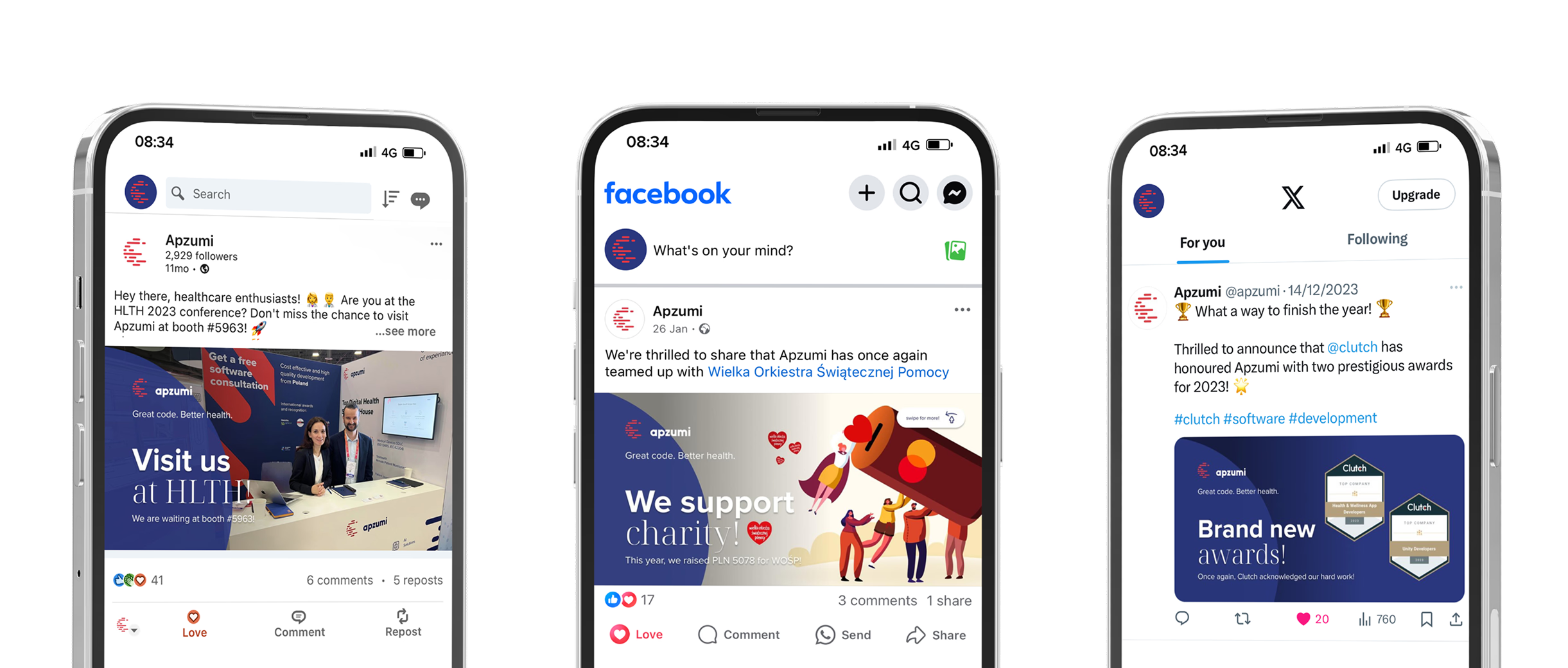Concepts for startups are often completely different from what you’d expect from the classic approach to business management. Instead of preparing long and complicated business plans, startups conduct speedy sessions focusing on basic questions about the market, customers and how to build quick game plans.
Why is this?
It’s the nature of startups that they are based on a continually developing business model - a series of experiments if you will. Preparing a complicated business plan doesn’t make sense when it may change according to customer input and reactions in ways that deviate widely from the original concept.
Below are some popular methodologies that help startup owners to think through their assumptions and identify the important elements of their business. Having elements of the business model put to paper, helps in organizing the plan, noticing errors and explaining the plan to co-workers, partners or investors.
1. Ostervalder’s Business Model Canvas and Lean Canvas.
(see http://www.businessmodelgeneration.com/canvas/bmc and https://leanstack.com/lean-canvas/)
These methodologies help to build a focused business model. In a time when innovation plays so intrinsic and so significant a role, business models are receiving increased scrutiny. Changing elements of a business model is one of the common ways to innovate. That’s why so many startups decide to define their business model. These methodologies are a quick route to exploring the core of a startup. The Lean Canvas is a Business Model Canvas created specifically for startups. It focuses the efforts of startups on finding the correct customer segment and satisfying it with unique value propositions.
2. The product field
(see http://productfield.com/)
As the name suggests the methodology focuses on creating a product strategy. This comprehensive template collects all the facts needed about the company’s product and then structures them. The objective is to concentrate the mind on all aspects of the product. Its one-page layout ensures keeping the plan consistent. The Product Field helps to create an idea for product innovation, highlighting aspects which could form the basis of innovation. The unique structure of the template reveals the relationships between its components and leads to ideas which conform to each other and build a product which consistently merges its value with customers’ needs, company’s resources and goals.
3. Value Proposition Canvas.
(see http://www.businessmodelgeneration.com/canvas/vpc)
This one-page template considers the customer’s insights. Using this canvas we build a value proposition based on deep analysis of customer segment characteristics. The task of the entrepreneur here is to define the needs, problems and desires of the customer.
The canvas aids in pulling these elements into a value proposition. The canvas gives insights into the customer’s point of view and provides solutions to their particular problems. The program soothes fears with solutions employing features that lend the customer a sense of security. This template can complement the Business Model Canvas for startups using detailed customer profiles.
Apzumi develops product concepts for Startups. We fine tune the methodology to a specific client’s expectations. We have a demonstrated experience in strategic management and the successful launching of Startups. We focus on your success.








